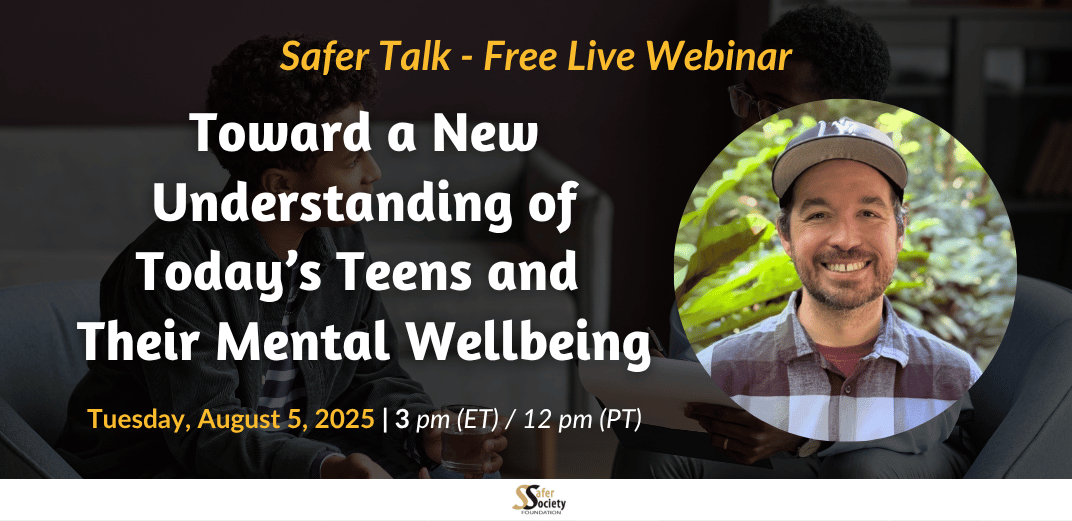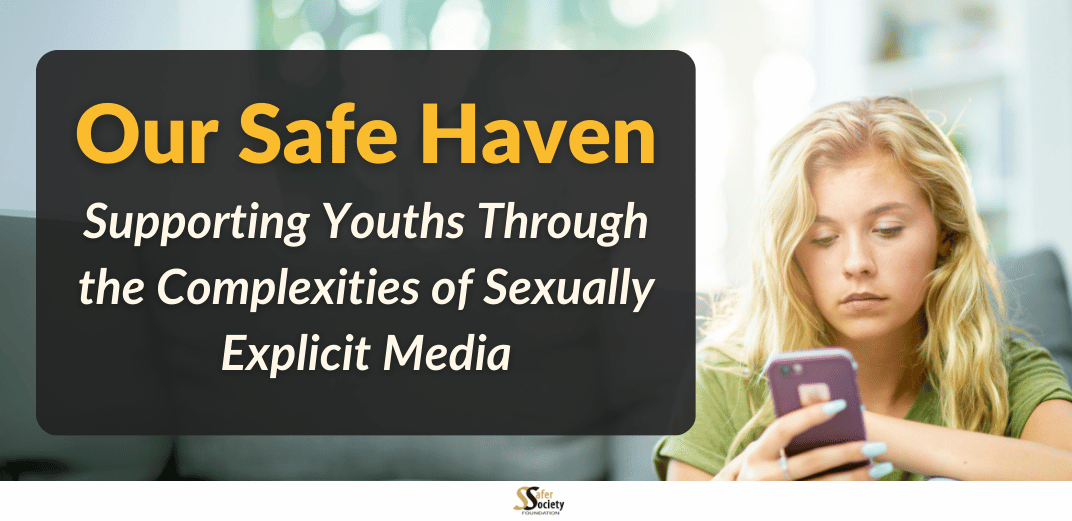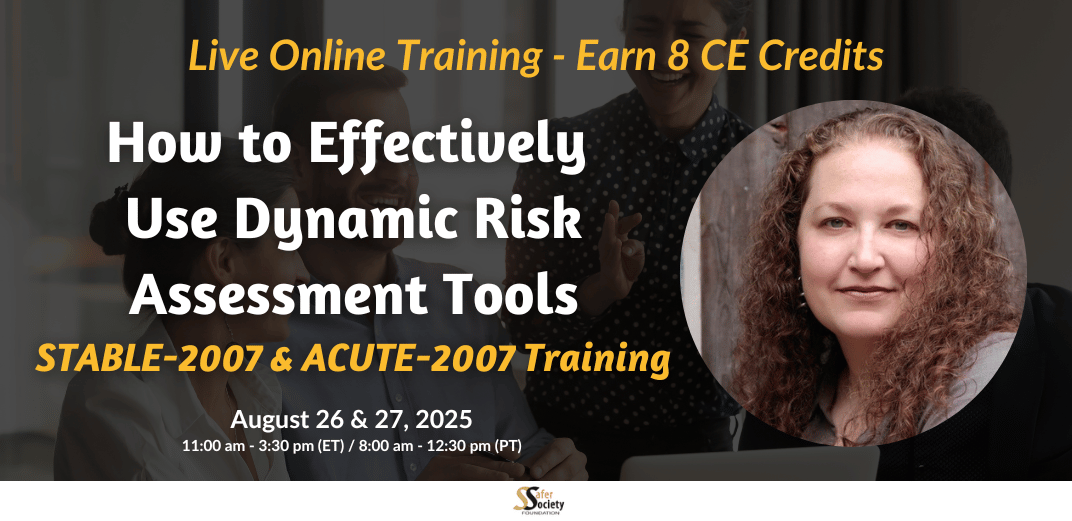
Continuing Education Center


Day 1: Static-99R Training: Best Practices for Accurate Risk Assessment
In this training, Certified Trainer Katie Gotch provides a thorough overview of the Static-99R, including its development, scoring system, and application in various settings. Participants learn how to score each of the ten items, with scores ranging from -3 to 12, and understand how these scores categorize individuals into five distinct risk levels: very low, below average, average, above average, and well above average risk.
The training also covers the predictive validity of the Static-99R and its appropriate use in forensic settings. Case studies are utilized to enhance understanding and facilitate skill development throughout the training.

Day 2: Static-99R Training: Best Practices for Accurate Risk Assessment
In this training, Certified Trainer Katie Gotch provides a thorough overview of the Static-99R, including its development, scoring system, and application in various settings. Participants learn how to score each of the ten items, with scores ranging from -3 to 12, and understand how these scores categorize individuals into five distinct risk levels: very low, below average, average, above average, and well above average risk.
The training also covers the predictive validity of the Static-99R and its appropriate use in forensic settings. Case studies are utilized to enhance understanding and facilitate skill development throughout the training.

Ethics in Clinical Supervision
Clinical supervision plays a vital role in supporting new clinicians and maintaining high standards of client care. It helps to ensure the development of professional skills, encourages self-reflection, and promotes self-awareness among supervisees. Dr. Michelle Yep Martin developed this training to address the challenges and risks inherent in clinical supervision of counselors, social workers, and psychologists. The training explores the roles of the supervisor and supervisee, as well as the feedback loop between them. It reviews the codes of ethics of these three professions and describes common ethical issues in supervisory practice, including maintaining confidentiality and professionalism in the supervisory relationship.
Dr. Michelle Yep Martin has long supervised clinicians for licensure and approved provider statuses. Her approach to this material is accessible to beginning as well as more experienced supervisors.

Our Safe Haven: Supporting Youths Through the Complexities of Sexually Explicit Media
The rise of sexually explicit media (SEM) across digital platforms—spanning from traditional adult websites to social media and mainstream online spaces—has created significant challenges for parents, educators, and mental health professionals. Guiding youths through their media consumption in this rapidly evolving digital landscape requires innovative strategies and collaborative efforts.
Join us for a series of professional dialogues designed to address these pressing issues. Moderated by Seth Wescott and David Prescott, these discussions provide a supportive space for professionals to share insights, develop strategies, and enhance their ability to navigate the complexities of SEM’s impact on youths. Each session will begin with a focused exploration of a specific topic, evolving naturally into an engaging, attendee-driven conversation shaped by shared experiences and professional insights.

Assessing and Treating Women Who Perpetrate Sexually Motivated Offenses
The fields of assessing and treating women who have committed sexually motivated offenses continue to grow and evolve. The extant research literature provides an empirical basis for assessing women from a gendered perspective. This perspective is a person-centered, strength-based approach that takes into consideration how gender affects patterns of offending for women. When viewed from this perspective, women who perpetrate sexually motivated offenses require risk assessment and treatment approaches that differ from approaches used with their male counterparts. This workshop provides empirically supported guidance related to assessing and treating women who have committed sexually motivated offenses.
Dawn Pflugradt, PsyD, LP, LCSW and Bradley P. Allen, PhD, JD—two of the leading experts in this field— developed this training to highlight key research findings and provide current insights and best practices based on their decades of experience working with women who have sexually abused.

Our Safe Haven: Supporting Youths Through the Complexities of Sexually Explicit Media
The rise of sexually explicit media (SEM) across digital platforms—spanning from traditional adult websites to social media and mainstream online spaces—has created significant challenges for parents, educators, and mental health professionals. Guiding youths through their media consumption in this rapidly evolving digital landscape requires innovative strategies and collaborative efforts.
Join us for a series of professional dialogues designed to address these pressing issues. Moderated by Seth Wescott and David Prescott, these discussions provide a supportive space for professionals to share insights, develop strategies, and enhance their ability to navigate the complexities of SEM’s impact on youths. Each session will begin with a focused exploration of a specific topic, evolving naturally into an engaging, attendee-driven conversation shaped by shared experiences and professional insights.

Our Safe Haven: Navigating Sexuality Education Competency
In this Our Safe Haven, we invite you to join practitioner Robin Cooper and David Prescott to explore CSE as its own kind of cultural competence, particularly for professionals working with clients who have experienced or committed acts of violence and sexual abuse. The session will begin with a focused review of a comprehensive sexuality education, evolving naturally into an engaging, attendee-driven conversation shaped by shared experiences and professional insights.

Day 1: How to Effectively Use Dynamic Risk Assessment Tools: STABLE-2007 & ACUTE-2007 Training
During this eight-hour training, Katie Gotch, LPC, CCSOT, ATSA-F, provides an overview of the development and research of the STABLE-2007 and ACUTE-2007 instruments. She explains how to score each of the measures’ items, as well as their appropriate interpretation and use within varying settings. This includes recent guidance on the use of these tools with individuals convicted of child sexual abuse material-related offenses (CSAM). To enhance learning, case studies are incorporated to provide hands-on practice and to address common scoring and administration errors.

Day 2: How to Effectively Use Dynamic Risk Assessment Tools: STABLE-2007 & ACUTE-2007 Training
During this eight-hour training, Katie Gotch, LPC, CCSOT, ATSA-F, provides an overview of the development and research of the STABLE-2007 and ACUTE-2007 instruments. She explains how to score each of the measures’ items, as well as their appropriate interpretation and use within varying settings. This includes recent guidance on the use of these tools with individuals convicted of child sexual abuse material-related offenses (CSAM). To enhance learning, case studies are incorporated to provide hands-on practice and to address common scoring and administration errors.

Our Safe Haven: Supporting Youths Through the Complexities of Sexually Explicit Media
The rise of sexually explicit media (SEM) across digital platforms—spanning from traditional adult websites to social media and mainstream online spaces—has created significant challenges for parents, educators, and mental health professionals. Guiding youths through their media consumption in this rapidly evolving digital landscape requires innovative strategies and collaborative efforts.
Join us for a series of professional dialogues designed to address these pressing issues. Moderated by Seth Wescott and David Prescott, these discussions provide a supportive space for professionals to share insights, develop strategies, and enhance their ability to navigate the complexities of SEM’s impact on youths. Each session will begin with a focused exploration of a specific topic, evolving naturally into an engaging, attendee-driven conversation shaped by shared experiences and professional insights.

Helping Justice-Involved Clients Build Relationship Skills
Reentering society after incarceration is a complex process, particularly for justice-involved individuals with histories of sexual offending, intimate partner violence, or other behaviors that place them at risk of perpetrating harm. Professionals in the field play a crucial role in supporting these individuals as they work to rebuild trust, connection, and healthy relationships. Grounded in relational, trauma-informed, and accountability-centered frameworks, this training offers participants a compassionate approach to working with justice-involved clients and the crucial skills that help prevent further harmful behavior.
Through a blend of psychoeducation, interactive discussion, and hands-on skill-building, participants learn how to accompany clients in an exploration of boundary setting, consent, attachment dynamics, shame resilience, and the impact of social stigma on relational development. Special attention is given to navigating dating, disclosure, and emotional vulnerability in ways that prioritize both client safety and community responsibility.

Our Safe Haven: Supporting Youths Through the Complexities of Sexually Explicit Media
The rise of sexually explicit media (SEM) across digital platforms—spanning from traditional adult websites to social media and mainstream online spaces—has created significant challenges for parents, educators, and mental health professionals. Guiding youths through their media consumption in this rapidly evolving digital landscape requires innovative strategies and collaborative efforts.
Join us for a series of professional dialogues designed to address these pressing issues. Moderated by Seth Wescott and David Prescott, these discussions provide a supportive space for professionals to share insights, develop strategies, and enhance their ability to navigate the complexities of SEM’s impact on youths. Each session will begin with a focused exploration of a specific topic, evolving naturally into an engaging, attendee-driven conversation shaped by shared experiences and professional insights.
